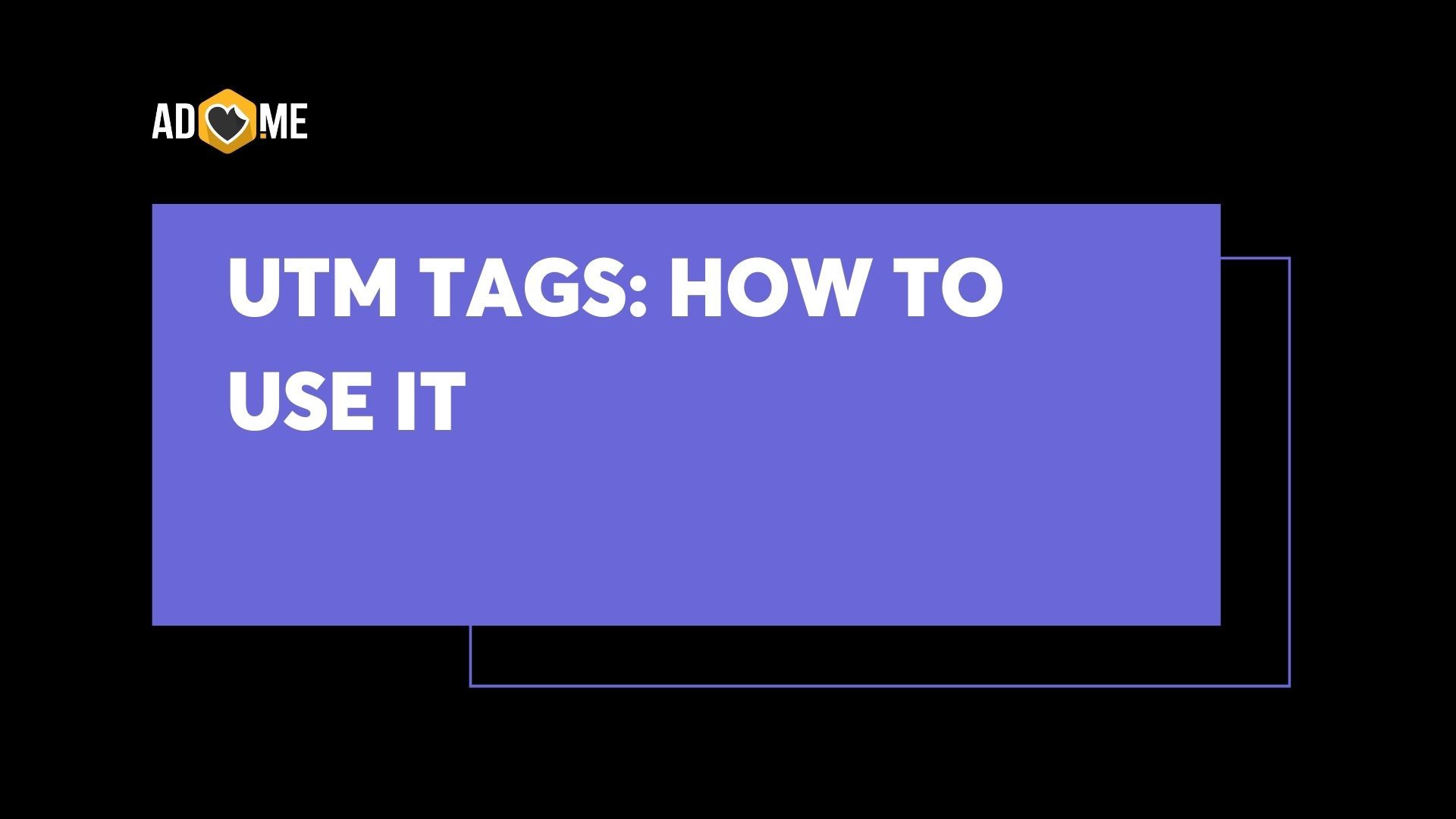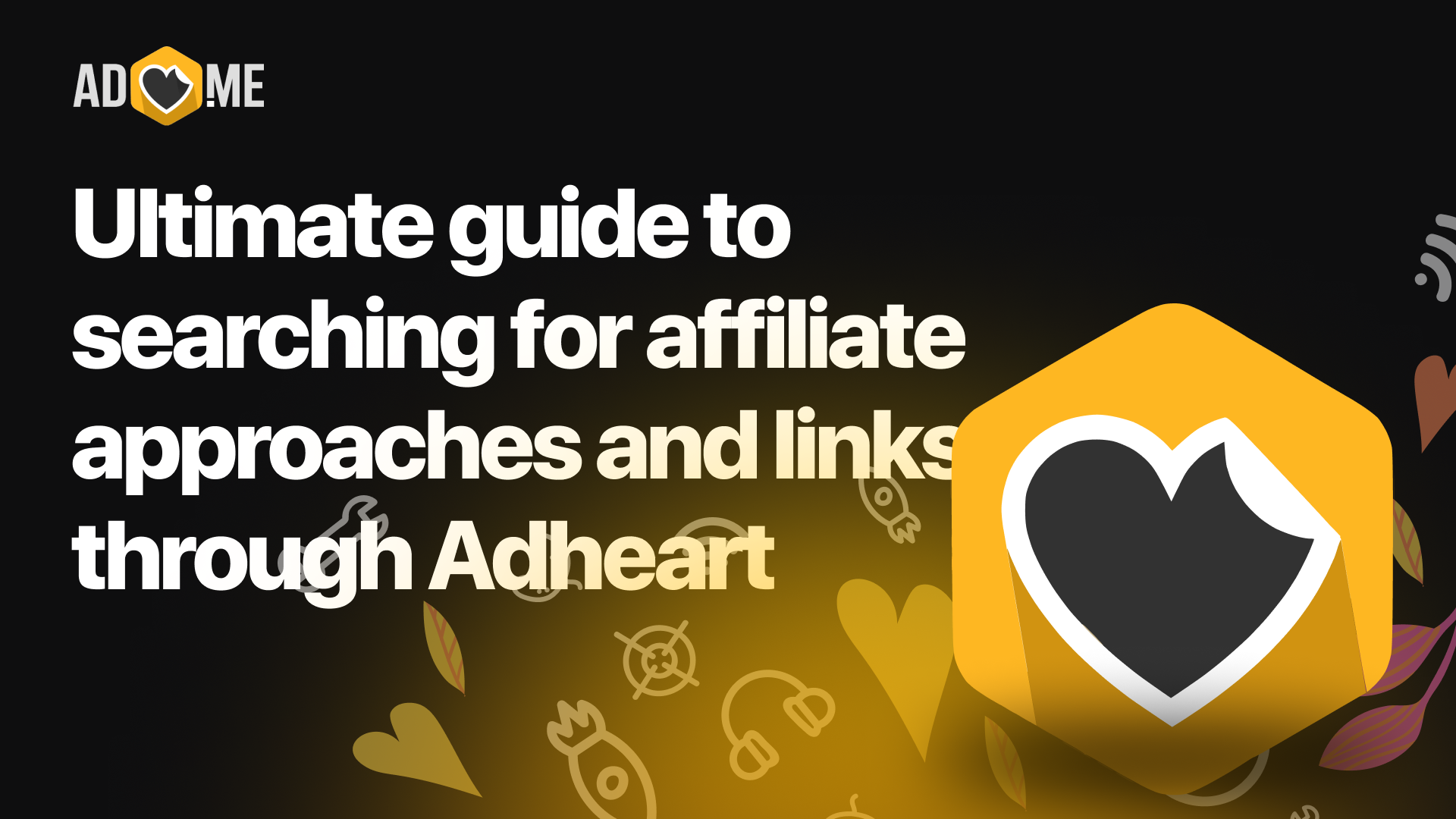Generador de UTM
Generador de etiquetas UTM para campañas publicitarias
- Configuración detallada de parámetros UTM para un fácil seguimiento de las fuentes de tráfico
- Crea enlaces para Facebook Ads, Google Ads, TikTok, X, boletines de email y cualquier otra plataforma publicitaria
- Parámetros UTM estáticos y dinámicos

Tu dirección URL
Plantillas UTM
Enlace generado
Acortar enlace
Aprende más
¿Qué son las etiquetas UTM?
Las etiquetas UTM (Urchin Tracking Module) son parámetros especiales añadidos a una URL para rastrear fuentes de tráfico y rendimiento.
En términos simples, es una “cola” en el enlace que contiene información adicional sobre de dónde vino el usuario y con qué anuncio interactuó.
Ejemplo de un enlace normal: https://adheart.me/
Ejemplo con etiquetas UTM: https://adheart.me/?utm_source=facebook&utm_medium=cpc&utm_campaign=spring_sale&utm_content=banner1
Aquí puedes ver: el usuario vino de Facebook (utm_source=facebook), a través de tráfico pagado (utm_medium=cpc), en la campaña “spring_sale” (utm_campaign=spring_sale) y clicó en el primer banner (utm_content=banner1).
Principales parámetros UTM:
• utm_source — fuente de tráfico (facebook, google, tiktok, email, etc.)
• utm_medium — tipo de tráfico (cpc, organic, referral, banner)
• utm_campaign — nombre de la campaña (ej.: black_friday, brand_awareness)
• utm_content — distingue creativos dentro de la misma campaña
• utm_term — se usa para almacenar palabras clave en anuncios de búsqueda
¿Por qué son importantes las etiquetas UTM en publicidad?
Muestran qué canales generan más conversiones y cuán efectiva es cada campaña.
Son la base de la analítica web, permitiendo tomar decisiones basadas en datos.
Cómo crear etiquetas UTM correctamente
Usa un sistema de nombres consistente (facebook, no fb o facebook_ads).
Evita espacios y caracteres no latinos — usa letras latinas y reemplaza espacios por _ o -.
Mantén nombres claros y descriptivos para que tu equipo los entienda incluso meses después.
Usa un generador UTM automático para reducir errores y ahorrar tiempo.
Las etiquetas UTM bien estructuradas garantizan analítica precisa en Google Analytics, Amplitude o cualquier otro tracker.
¿Qué significan los parámetros UTM obligatorios?
Para una analítica confiable, solo necesitas tres parámetros:
• utm_source — fuente de tráfico (facebook, google, tiktok, email)
• utm_medium — tipo de tráfico (cpc, organic, referral, social)
• utm_campaign — nombre de la campaña (black_friday_2025, summer_sale, brand_awareness_q1)
Juntos muestran de dónde viene el usuario, cómo y en qué campaña.
¿Qué son los parámetros UTM adicionales?
Además de los obligatorios, puedes usar:
• utm_content — variaciones de creativos (banner1, video_ad, cta_blue)
• utm_term — palabras clave o etiquetas internas (buy+iphone+15, 21_05_2025_1)
Ofrecen análisis más profundos — mostrando qué creativo, botón o palabra clave funcionó mejor.
¿Qué son los macros en Facebook Ads y Google Ads?
Los macros son variables dinámicas que insertan automáticamente datos en tus etiquetas UTM cuando ocurre un clic.
Ahorran tiempo y proporcionan analítica más detallada sin crear docenas de enlaces manualmente.
¿Qué son los macros en Facebook Ads?
Parámetros dinámicos más populares:
campaign.id — ID de campaña
adset.id — ID del conjunto de anuncios
ad.id — ID del anuncio
placement — ubicación (feed, stories, reels, audience_network)
site_source_name — fuente (facebook, instagram, messenger)
¿Qué son los macros en Google Ads?
Los parámetros ValueTrack se sustituyen al momento del clic. Los más populares:
campaignid — ID de campaña
adgroupid — ID del grupo de anuncios
creative — ID del anuncio
keyword — palabra clave
matchtype — tipo de concordancia (exacta, frase, amplia)
placement — ubicación del sitio/app (Red de Display)
device — tipo de dispositivo (móvil, tablet, desktop)
Errores comunes al configurar etiquetas UTM
Nombres inconsistentes (facebook / fb / facebook_ads).
Uso de caracteres especiales o cirílicos — siempre usa letras latinas, reemplazando espacios con _ o -.
Enlaces demasiado largos/confusos, mayúsculas mezcladas (Facebook ≠ facebook).
No tener una guía de nombres o no probar los enlaces — acuerda estándares con tu equipo.
Usa UTM Builder y revisa reportes regularmente para detectar problemas temprano.
¿Las etiquetas UTM afectan el SEO de un sitio?
No, no afectan directamente el SEO — son parámetros de URL para analítica.
Para evitar indexación duplicada, usa URLs canónicas (rel="canonical").
¿Puedes acortar enlaces con UTM?
Sí, especialmente para redes sociales, mensajeros y email — los enlaces cortos son más limpios.
Desventaja: los usuarios no ven el destino. Usa acortadores con marca.
Artículos útiles

Etiquetas UTM: cómo usarlas eficazmente
Las etiquetas deben resaltar cada canal publicitario, campaña y creativo en el sistema de análisis. De hecho, trabajar con etiquetas es una habilidad esencial para cualquier especialista en tráfico: desde SMM y expertos en targeting hasta marketers y estrategas

Guía definitiva para buscar enfoques y enlaces de afiliados a través de Adheart
Esta guía te ayudará a encontrar enfoques y enlaces de afiliados de forma continua